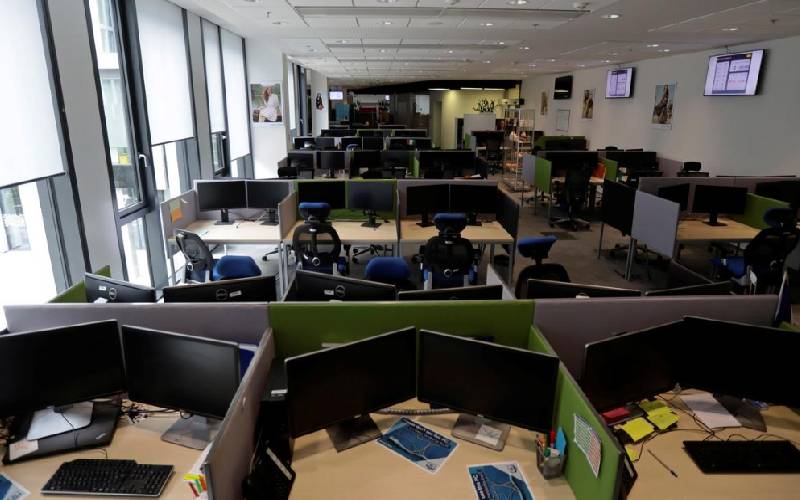×
The Standard e-Paper
Fearless, Trusted News

Over the past three months, the Covid-19 pandemic has spread across the world, causing disruption in the lives of millions of people. It has also brought uncertainties around individuals’ ability to meet their day-to-day needs. There are also uncertainties about the sustainability of businesses due to supply chain disruptions, social distancing and reduction in consumer spending.







